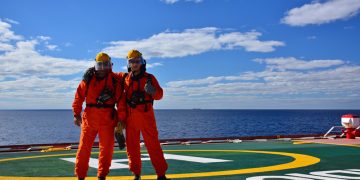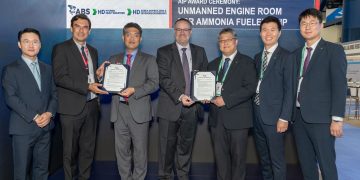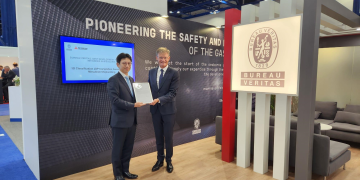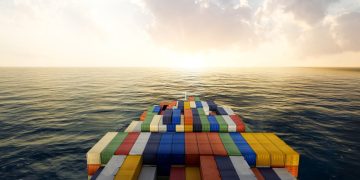Online ballast water management tool goes live
An online risk assessment tool for alien species transfers via the ballast water of commercial ships has been released jointly by OSPAR and HELCOM. The online tool was adopted by the coastal countries of the North-East Atlantic and Baltic Sea regions as part of the joint harmonised procedure on granting exemptions from ballast water treatment provisions of the International Convention for the Control and Management of Ships' Ballast Water and Sediments (BWM Convention) of the International Maritime Organisation (IMO). The tool comprises a database on observations of alien species and physical features in ports, a list of target alien species, a list of all marine and alien species observed in port surveys in the region and an agreed risk assessment model. This will allow administrations and ship owners to quickly identify routes that may qualify for exemptions to the application of ballast water management for ships (regulation B-3) and those that are unlikely to. Not only will the tool help protect the environment by identifying routes that could present a high risk for the transfer of alien species, it will ultimately save both the shipping industry and maritime authorities time and money by supporting the decision making process. The online ...
Read more



























































